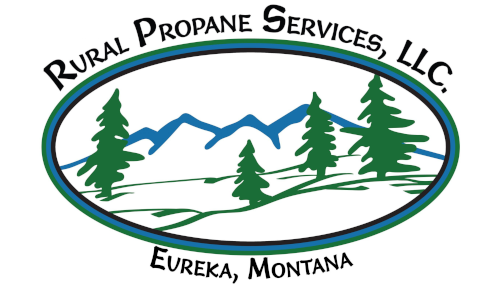Propane FAQs
What is Propane?
Propane is a type of fuel commonly used in homes for heating, cooking, and powering appliances like grills, water heaters, and fireplaces. It’s a colorless, odorless gas that is compressed and stored as a liquid in tanks or cylinders—like the 20-pound propane cylinder you might use for your backyard grill.
Common uses for Propane?
- Heating: Propane can heat your entire home or specific areas with space heaters.
- Cooking: Gas stoves and ovens powered by propane offer precise temperature control.
- Hot Water: Propane water heaters can provide a continuous supply of hot water.
- Outdoor Living: It’s ideal for grills, fire pits, patio heaters, and pool heaters.
Safety Tips for Propane Use.
- Regular Maintenance: Have your propane appliances and tanks inspected regularly by a professional.
- Know the Signs of a Leak: Be aware of the “rotten egg” smell and know how to shut off the propane supply if necessary.
- Proper Storage: Ensure propane cylinders are stored upright in a well-ventilated area away from direct sunlight.
Why does Propane smell like “Rotten Eggs”?
An odorant called ethyl mercaptan is added to propane, giving it a distinctive “rotten egg” smell to help detect leaks easily.
Why do I “hear” liquid in the propane cylinder and the gauge says “EMPTY”
-
Propane Storage Basics:
- Propane is stored in tanks as a liquid under high pressure.
- When you use propane, it vaporizes into a gas that fuels your appliance (like a grill or heater).
-
Vaporization and Pressure:
- Appliances require propane in its gaseous form, which depends on the liquid propane vaporizing.
- Vaporization occurs when there’s enough pressure and heat to convert the liquid propane into gas.
-
Pressure Drops as Propane Is Used:
- As the propane level decreases, so does the pressure inside the tank.
- Once the pressure drops below a certain point, there’s not enough force to push the gas out, even if liquid propane remains.
-
Safety and Usability Reserve:
- Tanks are designed with a safety reserve to prevent them from being completely emptied, which could introduce air and moisture, leading to corrosion.
- This reserve means there’s always a small amount of liquid propane left that isn’t usable for your appliance.
-
Why the Liquid Isn’t Usable:
- The remaining liquid can’t vaporize effectively due to low pressure and temperature.
- Without sufficient gas vapor, the appliance won’t receive the fuel it needs to operate.
Conclusion:
So, even though you hear liquid sloshing inside the tank, it’s the gas vapor—not the liquid—that powers your appliances. When the tank can’t produce enough gas vapor due to low pressure, it’s effectively empty and needs to be refilled.
Your Trusted Source for Reliable Propane Fuel Solutions
Need propane fuel for your home or business? Our expert drivers and technicians provide top-quality, dependable service. Call us at (406) 297-2055 to schedule your next delivery and experience unmatched reliability.
